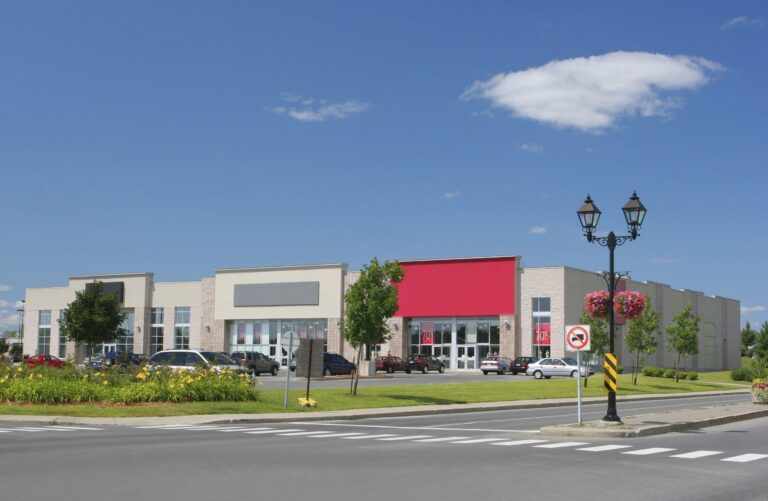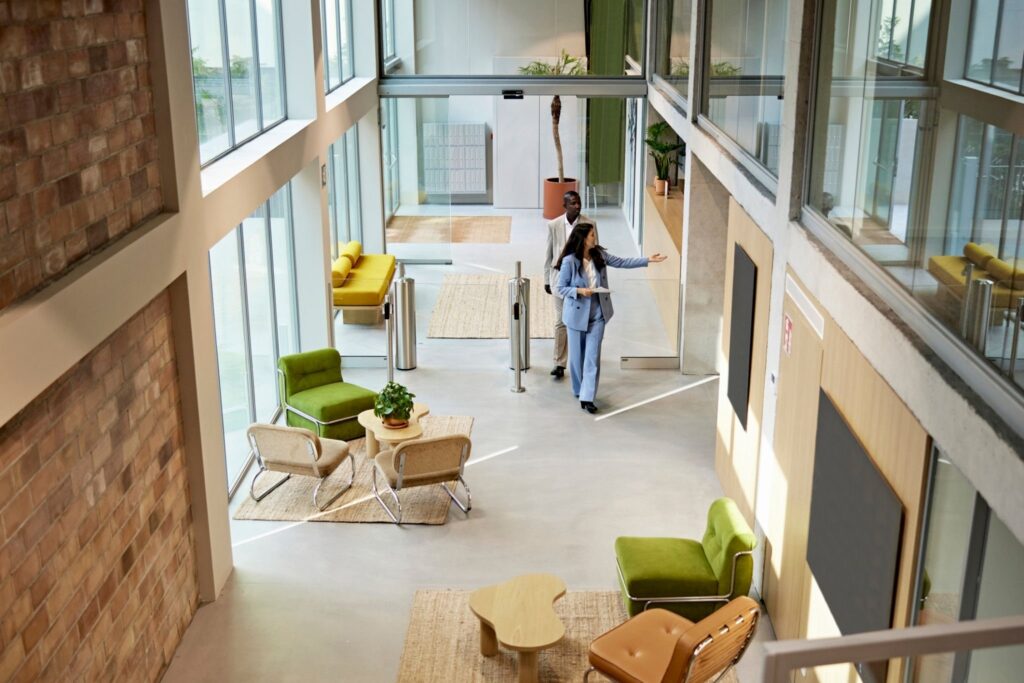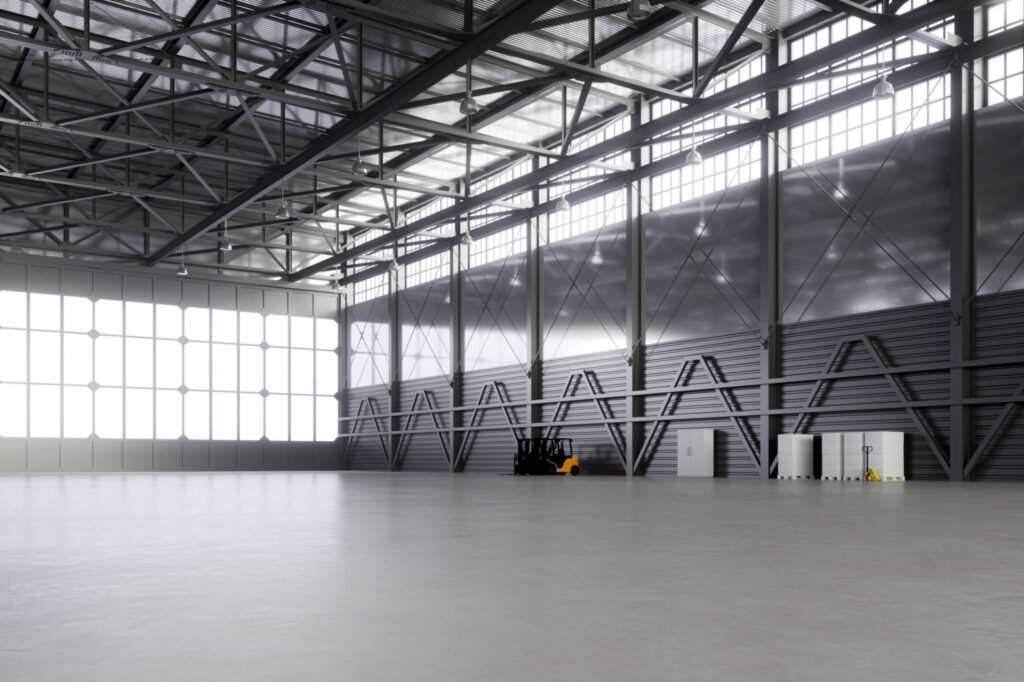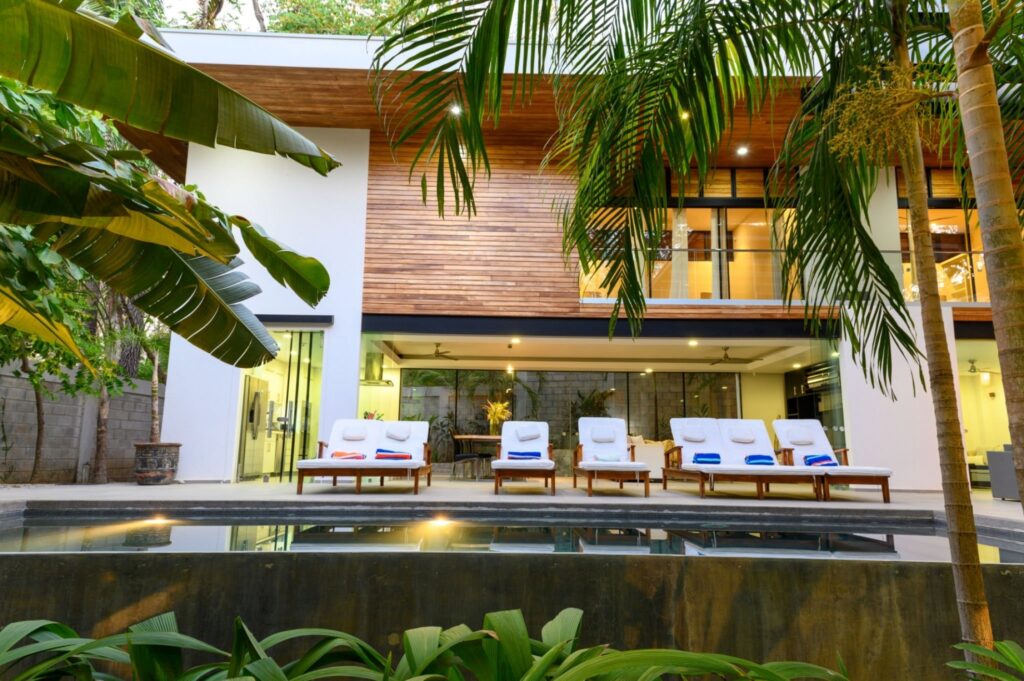Commercial Real Estate Investing Strategies
Malengo Muhimu ya Kujifunza:
Utangulizi: This section delves into the various facets of commercial real estate investing, highlighting strategies associated with different types of income-generating properties. By navigating through retail, office, industrial, and hospitality properties, investors can understand which strategy best aligns with their risk tolerance, return expectations, and market predictions.
- Retail Properties: Grasp the intricacies of investing in shopping centers, malls, and standalone stores, and understand the challenges posed by the e-commerce revolution and shifting consumer preferences.
- Office Properties: Dive deep into the world of office buildings, coworking spaces, and medical buildings. Understand the stability offered by long-term leases and the risks associated with economic downturns.
- Industrial Properties: Familiarize with the logistics behind warehouses, distribution centers, and manufacturing facilities. Recognize the pivotal role of global trade, e-commerce, and transportation infrastructure in shaping the industrial property landscape.
- Hospitality Properties: Explore the hospitality sector, from luxury hotels to budget motels, and grasp the significance of tourism, location, and competition from alternative lodging platforms like Airbnb.
Commercial real estate investing involves the purchase, ownership, and management of income-producing properties such as office buildings, retail centers, industrial parks, and hotels. This section will discuss various commercial real estate investment strategies, their pros and cons, and the fundamental factors that affect each type of commercial real estate.
Note: Investors can also gain exposure to commercial real estate through ETFs and other assets that provide exposure to these properties. This allows for lower costs compared to buying individual units and offers liquidity, as shares are easier to sell than entire commercial units. More information can be found in our stock analysis application.
A. Retail Properties

Kielelezo: Modern Shopping Area
Source: iStock
Maelezo: Retail properties include shopping centers, malls, and standalone stores.
Faida:
- Stable and diverse tenant base: Retail properties often have a mix of tenants, providing diversity in rental income.
- Potential for high rental rates: Retail properties can command higher rental rates due to their prime locations and foot traffic.
- Retail sales growth: Investors can benefit from the overall growth in retail sales.
Hasara:
- High competition: Retail properties face competition from online shopping and other retail centers.
- Changing consumer preferences: The success of retail properties can be impacted by shifts in consumer preferences and spending habits.
- Tenant turnover risk: Retail properties may experience tenant turnover due to changes in the retail landscape or business failures.
Fundamental factors: Factors affecting retail properties include consumer spending, population growth, location, and competition from e-commerce.
B. Office Properties

Figure title: Real Estate Agent Leading Client Through Modern Office Building Lobby
Source: iStock:
Maelezo: Office properties include commercial office buildings, coworking spaces, and medical buildings.
Faida:
- Long-term leases: Office properties often have long-term leases, providing stable rental income.
- Growing demand for office space: Investors can benefit from increasing demand for office space driven by economic and job growth.
Hasara:
- High vacancy rates: Office properties can experience high vacancy rates, particularly during economic downturns.
- Regular maintenance and upgrades: Office properties require regular maintenance and upgrades to remain competitive and attractive to tenants.
Fundamental factors: Factors affecting office properties include job growth, economic conditions, location, and demand for flexible office spaces.
C. Industrial Properties

Figure title: Empty Airplane Hangar
Source: iStock:
Maelezo: Industrial properties include warehouses, distribution centers, and manufacturing facilities.
Faida:
- Diverse tenant base: Industrial properties cater to a wide range of tenants, providing diversity in rental income.
- Stable rental income: Industrial properties often have long-term leases, providing stable rental income.
- E-commerce and logistics growth: Investors can benefit from growing demand driven by e-commerce and logistics industries.
Hasara:
- Specialized maintenance and upgrades: Industrial properties require specialized maintenance and upgrades to meet the needs of tenants.
- Tenant turnover risk: Industrial properties may experience tenant turnover due to changes in the industrial landscape or business failures.
Fundamental factors: Factors affecting industrial properties include global trade, e-commerce growth, transportation infrastructure, and location.
D. Hospitality Properties

Figure title: Luxury Rental Property
Source: iStock:
Maelezo: Hospitality properties include hotels, motels, and resorts.
Faida:
a. High rental rates: Hospitality properties can command high rental rates due to their locations and amenities.
b. Strong demand from travelers: Investors can benefit from strong demand driven by tourism and business travel.
Hasara:
a. High competition: Hospitality properties face competition from other hotels, motels, and alternative lodging options like Airbnb.
b. Regular maintenance and upgrades: Hospitality properties require regular maintenance and upgrades to remain competitive and attractive to guests.
Fundamental factors: Factors affecting hospitality properties include tourism growth, economic conditions, location, and competition from alternative lodging
Mambo muhimu ya kuchukua:
Taarifa ya Kufunga: Commercial real estate investing offers a myriad of opportunities for astute investors:
- Retail Properties: While offering potential high rental rates, they face challenges from the digital shopping landscape.
- Office Properties: They promise stability with long-term leases, but economic conditions play a significant role in their profitability.
- Industrial Properties: Riding the wave of e-commerce, they come with their own set of maintenance and tenant-related challenges.
- Hospitality Properties: While benefiting from global tourism, they continuously battle against emerging lodging alternatives.

